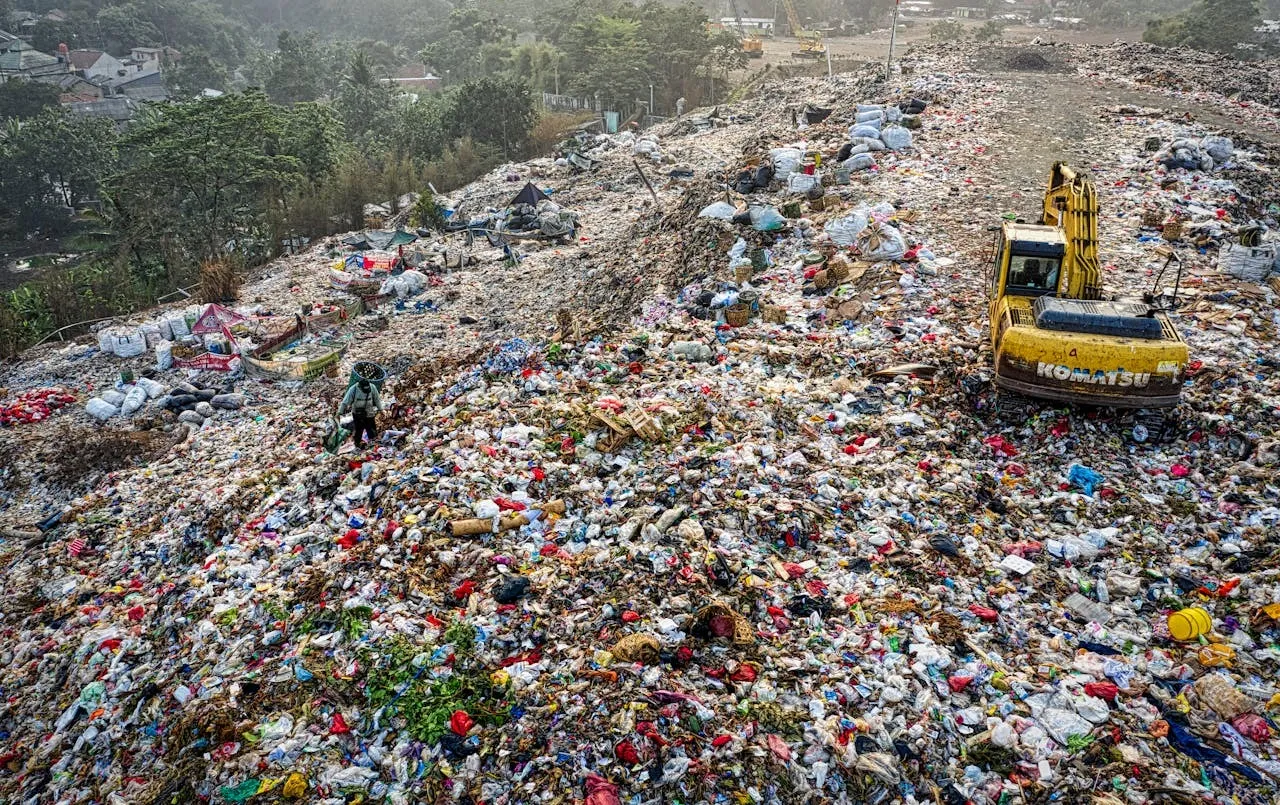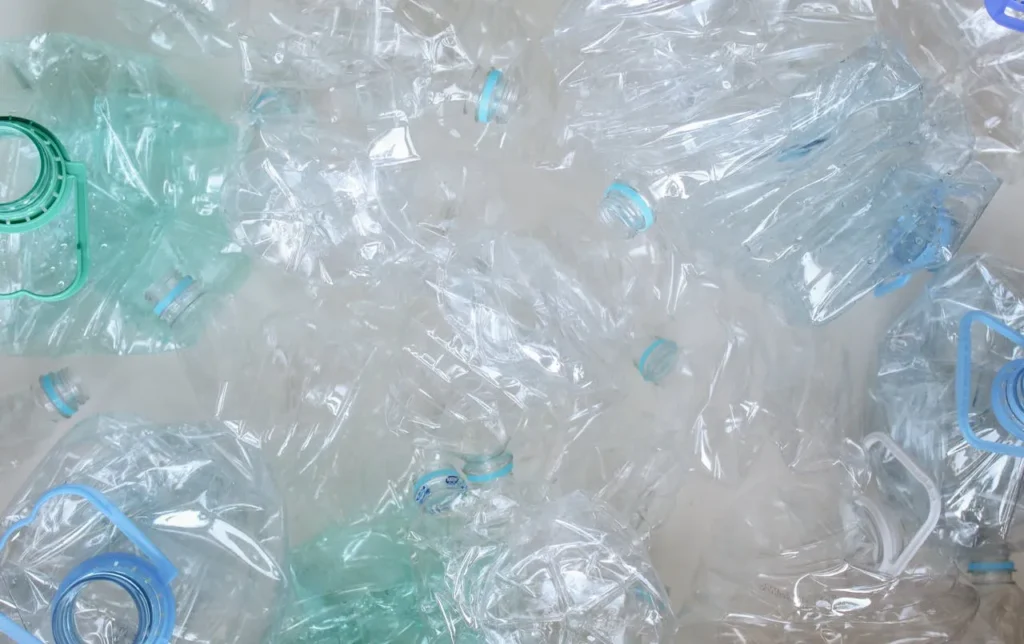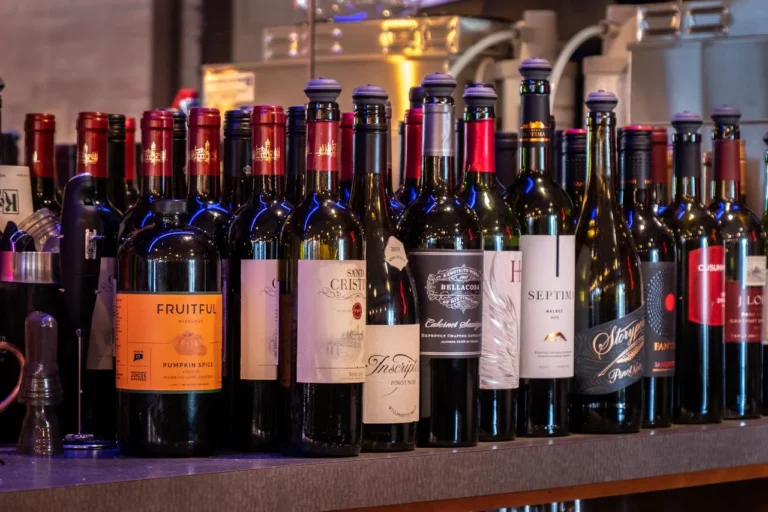
A landmark United Nations treaty aimed at ending plastic pollution could be within reach, as final negotiations are set to resume in Geneva. Known as INC5.2, this round of discussions follows last December’s inconclusive fifth session of the Intergovernmental Negotiating Committee (INC5), where nations failed to agree on the framework for a binding global plastics treaty. With time running out and environmental stakes mounting, key players—including representatives from major multinational companies like Unilever—are preparing to engage in what may be the most pivotal environmental negotiation in recent years.
Among the participants is Ed Shepherd, Unilever’s Senior Global Sustainability Manager, who will be attending as part of the Business Coalition for a Global Plastics Treaty. The coalition, co-chaired by Unilever, represents over 200 businesses and financial institutions calling for a legally binding international agreement to curb plastic pollution. Ahead of the talks, Shepherd shared insight into what to expect from the negotiations, Unilever’s position, and what’s needed to secure a meaningful deal.
A Moment of Critical Importance
Despite significant political and scientific consensus around the need to act, substantial gaps remain between negotiating countries on key treaty components. Nevertheless, Shepherd expressed cautious optimism about reaching an agreement at INC5.2. “There’s still a lot of work to bridge the gaps between government positions,” he said, “but momentum is building. This may be the final chance to deliver a treaty that can actually make a difference.”
Recent developments have bolstered hopes. At the previous INC5 meeting, over 95 countries supported the “Nice Wake-Up Call” and the “Stand Up for Ambition” statement, both signaling strong political intent to advance the treaty process. Still, negotiations remain fragile, particularly against a backdrop of growing geopolitical tensions. “The current global disharmony adds risk to the talks,” Shepherd noted, “so the presence of senior political leaders in Geneva will be vital to help navigate compromise and steer toward consensus.”
Unilever’s Push for Harmonisation
At the heart of Unilever’s position is a call for harmonised packaging and plastic regulations across borders. According to Shepherd, the current global system is a disjointed “patchwork of policies,” which creates inefficiencies and barriers to progress. “Harmonised regulations are essential,” he said. “They offer consistency across countries while supporting national goals, and they make it easier for businesses like ours—operating in multiple markets—to invest and innovate.”
A unified regulatory framework would allow businesses to scale solutions to reduce plastic waste, from improved product design to greater use of recycled materials. It would also provide the clarity and certainty that investors need, helping unlock capital for sustainable infrastructure and innovation. “This is not just the environmentally responsible thing to do,” Shepherd emphasized, “it’s the most economically sound approach too.”
Treaty Must Address the Full Plastic Lifecycle
The Business Coalition is advocating for a comprehensive treaty that addresses the full plastic lifecycle—from production and design to use and disposal. Shepherd underscored the need for specific mandatory obligations tailored to high-impact sectors like packaging, alongside the flexibility to accommodate different national circumstances.

Among the key measures the coalition supports are:
- A global phase-out list for plastic products and hazardous chemicals (Article 3)
- Mandatory product design criteria to ensure recyclability and reuse (Article 5)
- Controls on virgin plastic production and consumption to sustainable levels (Article 6)
These articles are seen as foundational pillars for an effective treaty. “As a major plastic user, Unilever understands that without global controls on virgin plastic production and use, we won’t achieve the systemic change needed to end plastic pollution,” Shepherd said. He pointed to the coalition’s endorsement of the Bridge to Busan Declaration—a call for countries to commit to sustainable levels of production and consumption by the next round of negotiations in Busan, South Korea, later this year.
Voluntary actions, however well-intentioned, are not enough, he stressed. “Fragmented, country-by-country policies create unnecessary costs and make it harder to implement impactful changes at scale. We need global alignment.”
The Case for Harmonisation: New Economic Evidence
To strengthen the case for harmonised regulations, the Business Coalition recently commissioned an Economic Rationale study that modeled the impacts of two regulatory scenarios: one based on harmonised international measures, and another on fragmented national policies. The study focused on six key countries—Brazil, China, India, Indonesia, Japan, and South Africa—and yielded compelling results.
Under a harmonised regulatory model:
- Global extended producer responsibility (EPR) revenues could reach $576 billion between 2026 and 2040—more than double what would be generated under fragmented systems. These funds could be reinvested into scaling waste management infrastructure and reducing mismanaged plastic waste.
- Recycled plastic content availability could increase by 77% by 2040, spurring circular economy solutions and reducing dependence on virgin plastics.
- Job creation across the plastics value chain—particularly in recycling, reuse, and waste management—could provide employment in emerging economies.
- Environmental benefits—including cleaner oceans and landscapes—would also boost other industries such as tourism and fisheries.
At the national level, the benefits are equally significant:
- Brazil could increase its recycling rate by 21% under harmonised regulations, avoiding one million tonnes of mismanaged plastic waste.
- China could see an 80% increase in recycled content availability, reinforcing its position as a leader in sustainable manufacturing.
- India could save up to $20 billion in plastic cleanup costs by 2040, allowing that funding to be redirected toward infrastructure development and green innovation.
“These findings highlight that the harmonised route is not only better for the environment but also smarter for the economy,” Shepherd said.
A Call to Action
With global alignment closer than ever, Shepherd concluded with a direct message to negotiators: “There’s unprecedented agreement between governments, businesses, and civil society on the fundamental building blocks of a global plastics treaty. Now is the time to act.”
He urged all UN member states to engage constructively and ambitiously in Geneva and called on political leaders to demonstrate the courage and commitment necessary to finalise the treaty. “We’re on the brink of a historic moment. The world is watching. It’s time for ministers to step up, show bold leadership, and get the job done.”
As INC5.2 convenes, the world faces a pivotal opportunity to shift from fragmented and insufficient plastic policies toward a unified, binding global framework. If successful, the treaty could mark the beginning of the end of plastic pollution—and a critical turning point in the journey toward a more sustainable planet.




